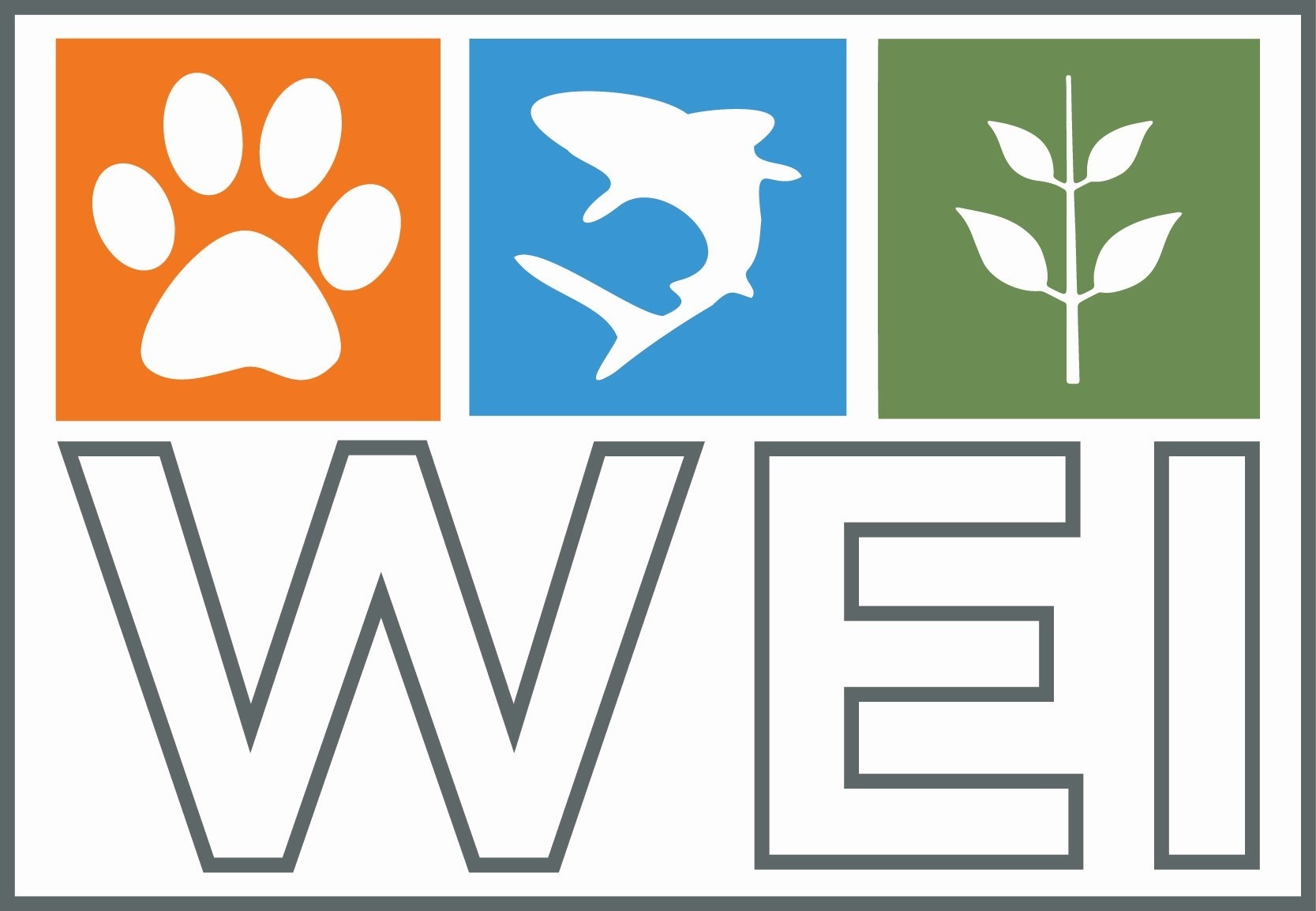Lion monitoring on a WEI internship

Lion populations are in decline globally and the African continent is the only region which has enough remnant habitat to sustain them. This makes conservation of lions in an African context extremely important.
Lions and humans have been in competition with each other throughout our shared history. In prehistoric times lions and humans would have competed for the same resources and lions would have predated on humans.
After the advent of agriculture, the competition intensified as lions would have preyed on livestock kept by early farmers. This has continued to the present-day situation with many lions being killed by farmers throughout Africa.
In modern times the loss of habitat depletes the natural prey base and often replaces it with livestock which leads to human-wildlife conflict through the lions shifting their hunting focus to livestock, and retaliation killings by farmers persecuting lions which are perceived as a threat to human safety and livelihood.
These factors have led to current lion populations being greatly reduced and fragmented. The historic range of lions has been reduced by approximately 95% in the last 100 years. Currently the population of wild lions is estimated at approximately 20,000 individuals. The continued existence of lions depends on the collaboration of conservation authorities both national and international, NGOs and the communities which share the landscape with these iconic species.
One of the most important parts of conserving the remaining populations of lions is learning about these populations in their current state. Once this baseline data has been established the conservation authorities can make decisions regarding the wellbeing of the populations.
This is where the Lion Monitoring Project and specifically The WEI lion conservation internship comes in. WEI has been collecting data on wildlife in the Olifants River East Conservancy of Balule Game Reserve, part of the Greater Kruger National Park, since 2018. This includes data on lions, however this data record occurrences, locations and numbers.
The purpose of the WEI lion conservation internship is to collect more intensive data on individual lions. Using established lion identification techniques, we attempt to identify individual lions already captured in our historic WildLog database. This database consists of images and videos captured by our interns, students and volunteers over the past 5 years.
The individual identifications created by internship students are then used to establish an identification kit to assist field staff, rangers and wildlife managers to keep track of the individuals which occur in this section of the Greater Kruger National Park. Once individuals have been identified we can determine a range of factors about the lions in our area e.g. population dynamics, abundance, distribution patterns, habitat utilization, breeding behavior and prey selection within the northern western region of the Kruger Park.
The WEI lion conservation internship is therefore an essential first step to create identikits for the animals in our region, in order to create monitoring reports for reserve managers in the conservancy.


